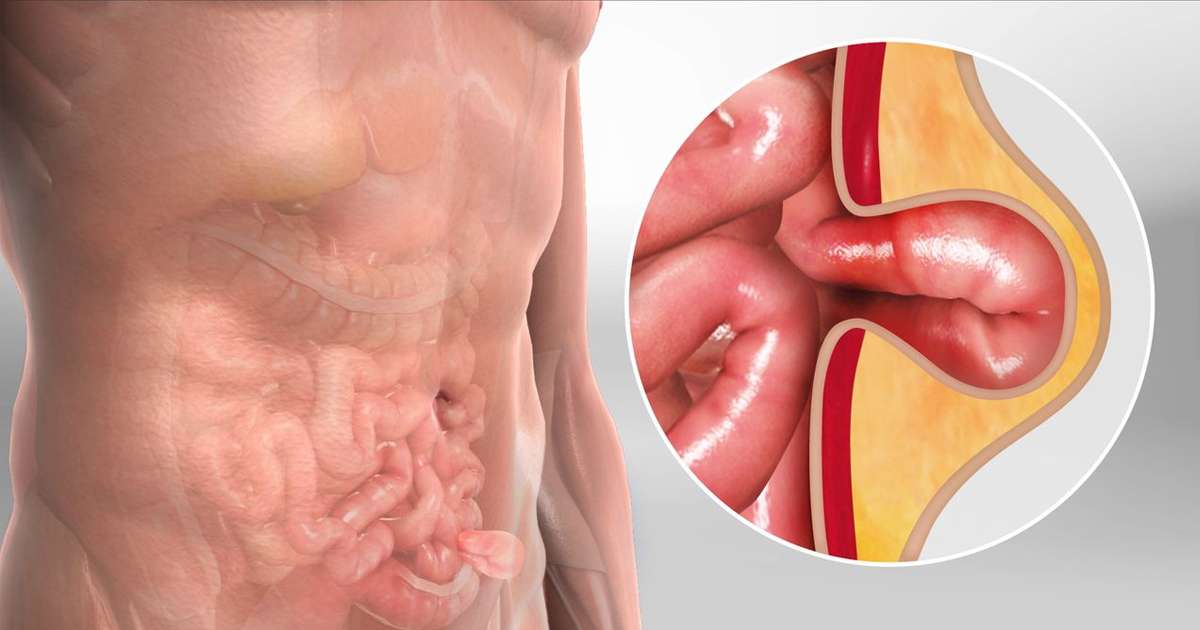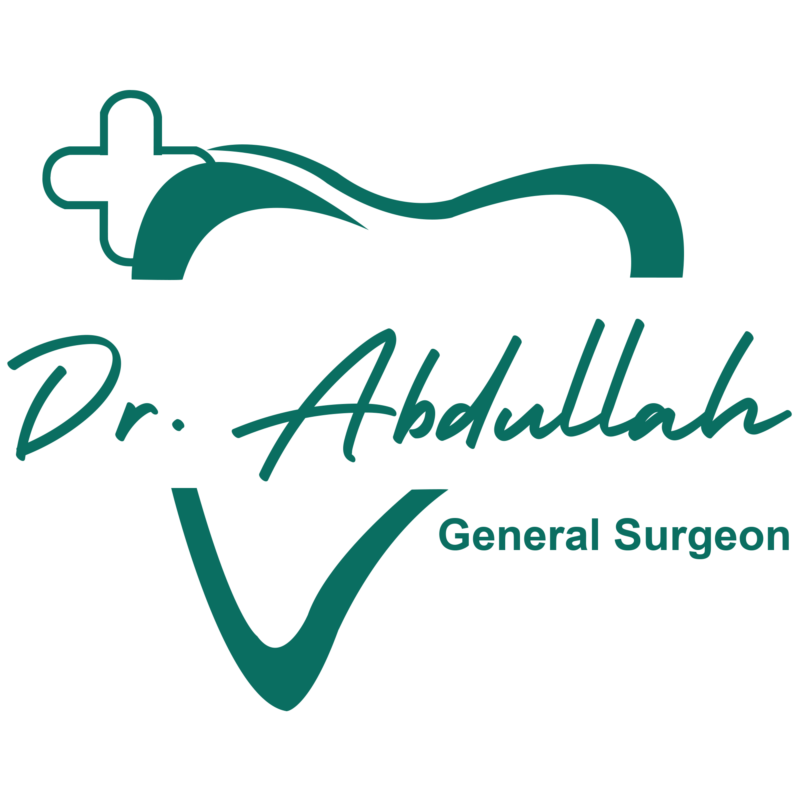 Talking about hernia meaning in English “A hernia is a condition in which an organ or tissue protrudes through the wall of the cavity in which it is normally contained.” Hernia surgery in Karachi is a procedure used to repair damage to tissues and muscles in the abdominal wall that have been weakened or torn because of a hernia. This weakening can be caused by a wide range of conditions, including obesity, abdominal pressure, and genetics. The primary purpose of hernia repair surgery is to alleviate pain and discomfort, prevent further damage, and restore the normal functioning of the tissues. Here we will provide resources for those looking for the best hernia surgeon or hernia specialist doctor in Karachi.
Talking about hernia meaning in English “A hernia is a condition in which an organ or tissue protrudes through the wall of the cavity in which it is normally contained.” Hernia surgery in Karachi is a procedure used to repair damage to tissues and muscles in the abdominal wall that have been weakened or torn because of a hernia. This weakening can be caused by a wide range of conditions, including obesity, abdominal pressure, and genetics. The primary purpose of hernia repair surgery is to alleviate pain and discomfort, prevent further damage, and restore the normal functioning of the tissues. Here we will provide resources for those looking for the best hernia surgeon or hernia specialist doctor in Karachi.
Hernia Treatment Without Surgery
When it comes to hernia treatment, usually surgery is the only recommended solution. However, there are cases that may make surgery impossible or dangerous to undertake. In these cases, your doctor may recommend hernia treatment without surgery. Non-surgical treatments for hernias are typically only used when there are major contraindications to surgery such as significant medical issues (such as existing medical conditions or the risk of developing an infection) or concerns about the anesthesia. These treatments usually include techniques such as using trusses, special corsets, and other support devices to help keep the hernia in place and reduce pain, as well as lifestyle changes such as avoiding strenuous activities that could make the hernia worse.
Dr Abdullah Iqbal Offered Piles Treatment in Karachi
Types of Hernia Repair Surgery
There are several different types of hernias, each with its own unique symptoms, causes, and treatment options. The most common hernias are inguinal hernia, femoral hernia, umbilical hernia, incisional hernia, and hiatal hernia. Each type of hernia can be corrected by various types of hernia repair surgery, including open repair, laparoscopic repair, and robotic surgery repair. The type of surgery a patient receives will depend on the type and size of their hernia, as well as their overall health.
Open repair
It is the most common type of hernia repair and typically involves making an incision on the abdominal wall and then using sutures, mesh, or other repair materials to patch the weakened area. The largest advantage of open repair is that it allows for a wide field of view, enabling the surgeon to identify, diagnose, and repair any other weak areas in the wall.
Laparoscopic repair
This method is a minimally invasive procedure that involves making several small incisions in the abdominal wall, through which a laparoscope is inserted. A laparoscope is a long, thin camera that allows the surgeon to view the hernia and repair it without needing to make large incisions. This method can be used for a wider range of hernia types and is generally less invasive than open repair.
Robotic repair
It is the most advanced hernia repair surgery available. It involves using a robotic device that is guided by a surgeon using a computer-assisted control system. The robot’s arms are guided through the small incisions, allowing the surgeon to identify and repair the hernia with greater accuracy and precision than with open or laparoscopic repair.
Costs of Hernia Repair Surgery
The cost of the surgery depends on the type of hernia repair, laparoscopic or open, as well as the location and provider of the surgery. The hernia surgery cost in Karachi can vary significantly, and depends on the complexity of the hernia and the approach used to repair it. Generally speaking, the cost of laparoscopic hernia surgery in Karachi is slightly higher than the cost of hernia surgery in Karachi. The hernia operation cost in Karachi can range from 30,000 to 50,000 rupees, depending on individual circumstances. Similarly, in the rest of Pakistan, the hernia operation cost in Pakistan can vary significantly depending on the city and the expertise of the surgeon. However, generally speaking, open surgery is more affordable than laparoscopic surgery, with costs ranging from 25,000 to 45,000 rupees.
Dr Abdullah Iqbal Offered Breast Surgery in Karachi
Recovery Time
Recovery time for hernia repair surgery can vary based on several factors, including the type of hernia surgery performed, the complexity of the hernia, and the individual’s age and overall health. Most patients can expect to return to work after one to two weeks of recovery, but total recovery time may be longer depending on the individual’s situation. It is important to note that the type of hernia repair surgery affects the recovery time. Open repair typically requires a longer recovery time, while laparoscopic and robotic, have shorter recovery times. During recovery, it is important to follow the advice of your healthcare provider and follow all prescribed precautions, medications, and activity restrictions.
